Edmonton, located in the province of Alberta, Canada, is a city with a diverse and robust industrial landscape. The city’s industrial sector plays a crucial role in the local and national economy. Here is a brief description of some of the key industrial sectors in Edmonton:
- Energy and Oil Refining: Edmonton is often referred to as the “Oil Capital of Canada” due to its significant presence in the energy sector. The city is home to several major oil refineries, including the Syncrude and Suncor Energy facilities. The oil and gas industry, including exploration, production, and refining, is a major driver of Edmonton’s industrial activity.
- Manufacturing: Edmonton has a diverse manufacturing industry, producing a wide range of products, including machinery, equipment, chemicals, and fabricated metal products. This sector contributes to the city’s economy by providing employment and supplying goods to various markets.
- Agriculture and Food Processing: Alberta is known for its agricultural production, and Edmonton plays a role in this industry. The city has numerous food processing facilities that handle products such as meat, dairy, and grains. It’s also a hub for distribution and transportation of agricultural products.
- Technology and Innovation: Edmonton is emerging as a center for technology and innovation. The city has a growing tech sector, with companies specializing in artificial intelligence, biotechnology, and renewable energy. The University of Alberta is a key contributor to the development of this sector.
- Transportation and Logistics: Edmonton’s strategic location as a transportation hub makes it a significant player in the transportation and logistics industry. The city is well-connected by road, rail, and air, making it a crucial point for the movement of goods within Canada and internationally.
- Construction and Engineering: Edmonton’s continuous growth and development have led to a thriving construction and engineering sector. It encompasses construction companies, architectural firms, and engineering services, which are involved in various infrastructure projects.
- Forestry and Wood Products: Alberta has substantial forest resources, and Edmonton’s industrial landscape includes businesses engaged in forestry and wood product manufacturing. This sector produces lumber, pulp, and paper products.
- Healthcare and Biotechnology: Edmonton is home to several healthcare and biotechnology research institutions, including the University of Alberta. The city’s biotech sector focuses on medical research, pharmaceuticals, and biotechnology innovation.
- Retail and Wholesale Trade: The city serves as a regional retail and wholesale trade hub, providing products to the surrounding areas. This sector includes various types of businesses, from small, locally-owned shops to large retail chains.
Edmonton’s industrial landscape is diverse and continues to evolve, with a growing emphasis on technology and innovation. The city’s strategic location, well-developed infrastructure, and proximity to natural resources make it a vital contributor to Canada’s industrial and economic growth.

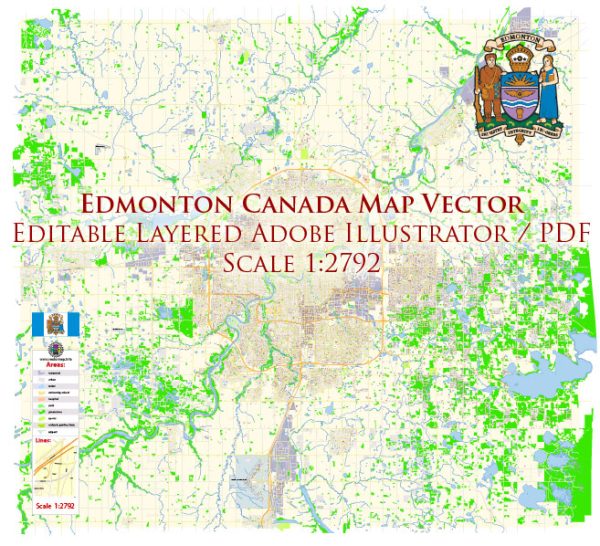
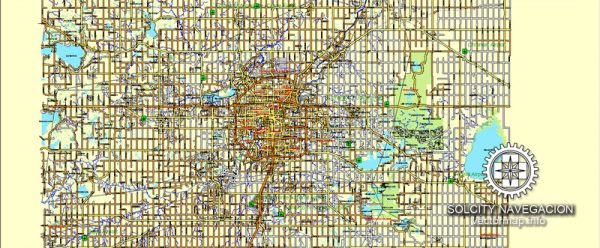
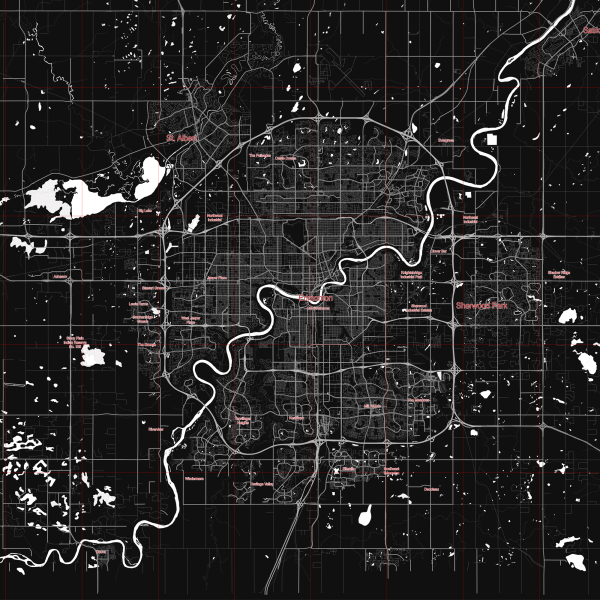
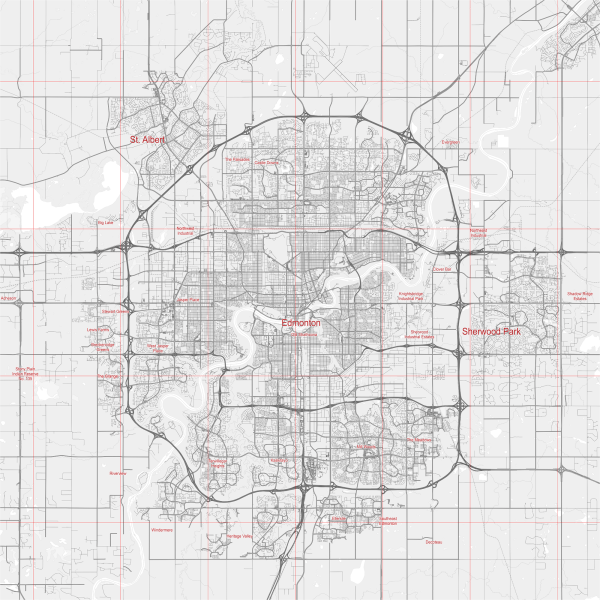
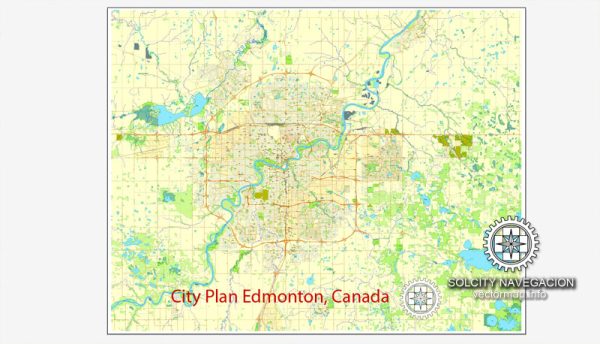
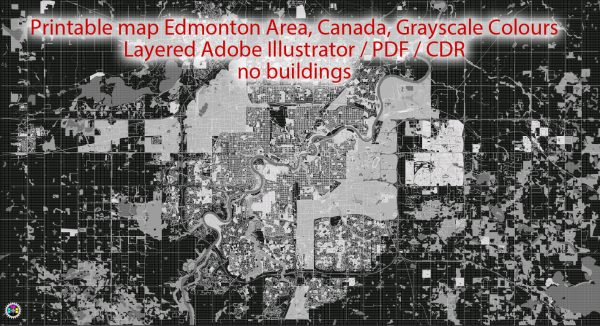
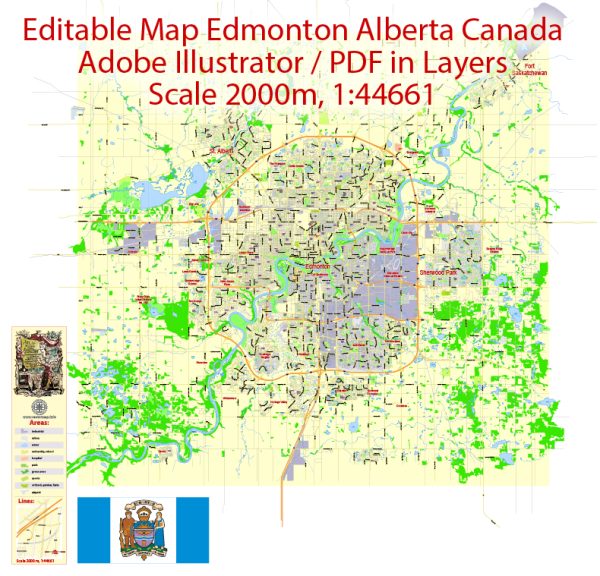
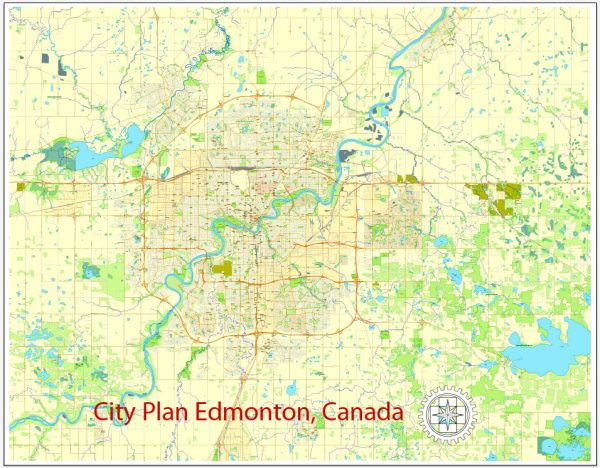
 Author: Kirill Shrayber, Ph.D. FRGS
Author: Kirill Shrayber, Ph.D. FRGS